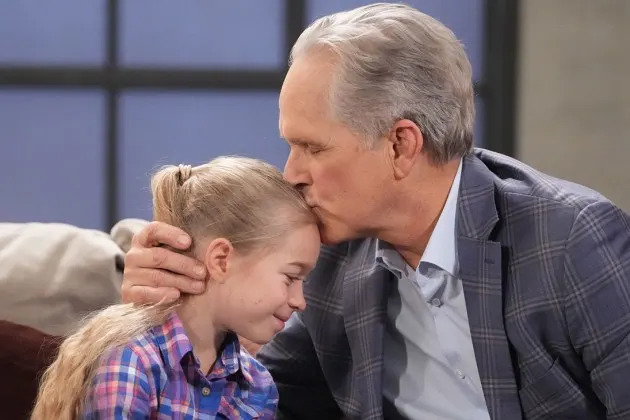Is There a Connection Between COVID-19 and Pulmonary Embolism; ABC to Face Trial Over ‘General Hospital’ Firings Tied to COVID-19 Vaccine Mandates, and other C-Virus related stories
Is there a connection between COVID-19 and pulmonary embolism?
Several studies examined how COVID-19 may connect to pulmonary embolism. Researchers started exploring this relationship in 2020, during the height of the pandemic.
In a 2020 case study, researchers described the case of a bilateral pulmonary embolism that occurred following a positive COVID-19 case. The researchers could not draw any firm conclusions about COVID-19 and pulmonary embolism. However, they noted that future studies should further investigate a possible risk factor link, as the person in the study did not have any other risk factors for a pulmonary embolism.
In a 2021 study of over 400 people with COVID-19 in a hospital setting, researchers diagnosed pulmonary embolism in 25% of the individuals, or just over 100. They noted that their findings were a bit higher than those of other studies and reports. In other studies, this figure was about 17% overall and 21% among people with severe cases of COVID-19.
They also noted that people assigned male at birth had a higher overall risk of developing a pulmonary embolism. Additionally, people with severe infection may have a higher risk of developing a pulmonary embolism.
A 2022 study from Sweden examined over 1 million people diagnosed with COVID-19 between 2020 and 2021. The authors found that COVID-19 is an independent risk factor for pulmonary embolism, deep vein thrombosis (DVT), and bleeding events.
Studies also explore how having a pulmonary embolism increases mortality and severe infection risk in those who develop COVID-19.
In a 2023 study,researchers found that duel cases of COVID-19 and pulmonary embolism increased the risk of several severe events, which include: —>READ MORE HERE
ABC to Face Trial Over ‘General Hospital’ Firings Tied to COVID-19 Vaccine Mandates:
ABC must face religious discrimination claims from two former General Hospital crewmembers who sued the network after they were fired for refusing the COVID-19 vaccination, marking one of the first rulings to clear the way for trial over terminations caused by blanket vaccine mandates widely imposed by studios amid the pandemic.
A Los Angeles judge, in an order issued Tuesday, found that James and Timothy Wahl may have had “sincerely held” religious beliefs that ABC should have accommodated by affording them exemptions and allowing them to follow safety protocols implemented before mandatory vaccination policies were rolled out.
The ruling comes on the heels of ABC defeating a similar lawsuit from Ingo Rademacher over his dismissal from General Hospital for refusing to get the COVID-19 vaccine. Unlike with crewmembers who were not in close, unmasked contact with others, the court found in that case that it was impossible for unvaccinated actors to safely work on set during the pandemic due to the nature of their work.
ABC was among several studios that in the summer of 2021 carried out vaccine mandates, which were agreed upon by Hollywood’s guilds and studios. The return-to-work protocols stated that vaccines could be required for those working in “Zone A” of a production — typically a project’s main actors, as well as key crewmembers who work closely with them in the highest-risk areas of the set.
In 2022, father and son James and Timothy Wahl, both of whom worked in the special effects department for the show, sued ABC after their requests for religious exemptions were denied. The rejections were based on ABC’s uncertainty as to whether their objections to taking the vaccine were based on their Christian faith. —>READ MORE HERE
Follow links below to relevant/related stories and resources:
Stanton Hospital planning for staff cuts, fewer beds as COVID-era funding ends
New York state won’t regain all jobs lost from COVID pandemic until at least 2026, analysis shows
USA TODAY: Coronavirus Updates
YAHOO NEWS: Coronavirus Live Updates
NEW YORK POST: Coronavirus The Latest







Comments are closed.